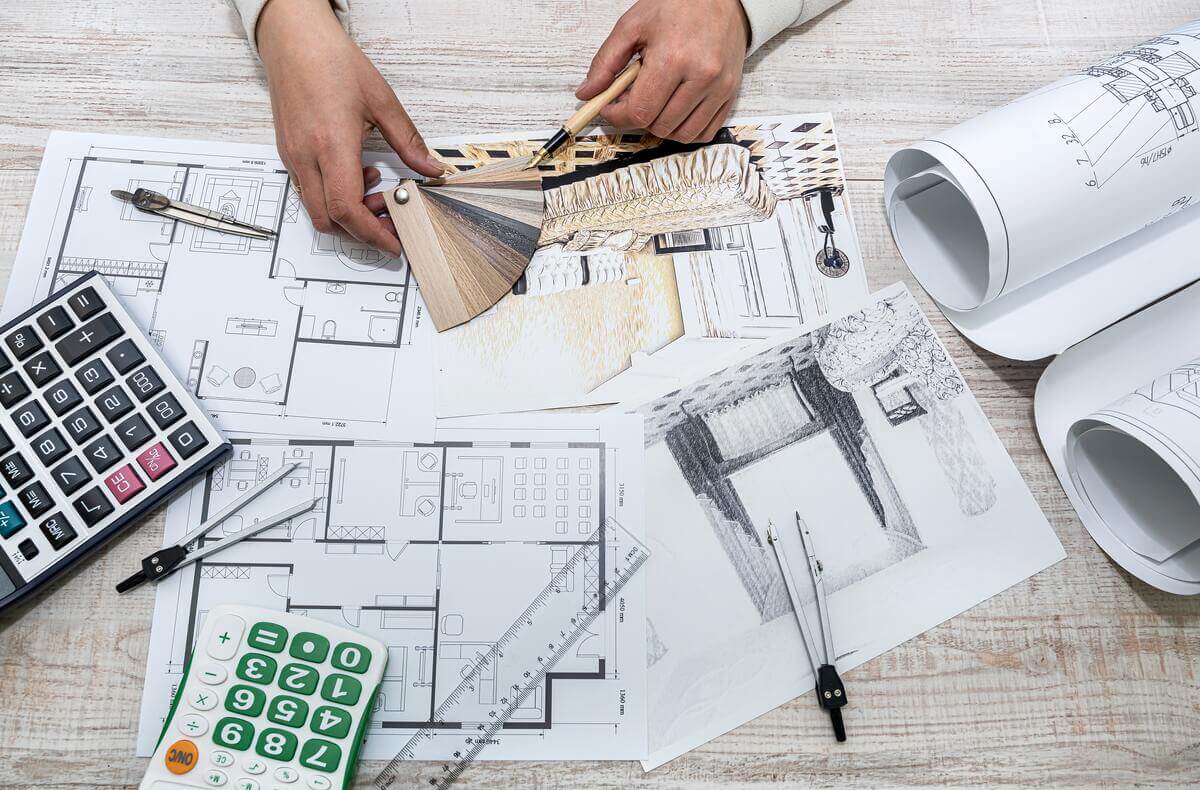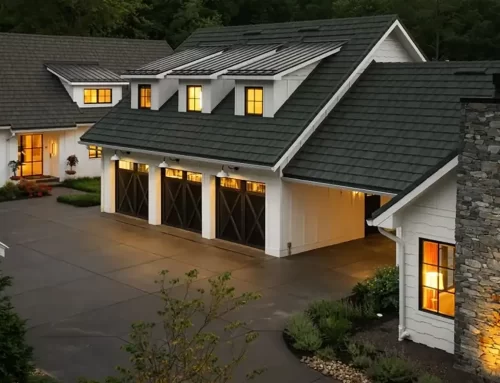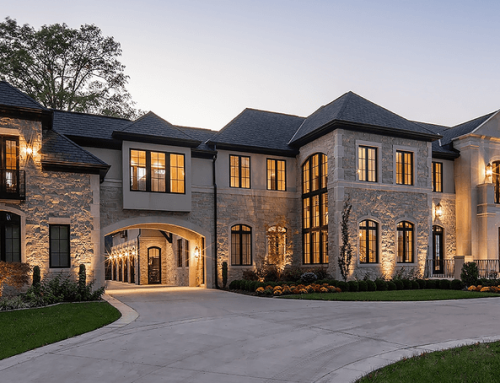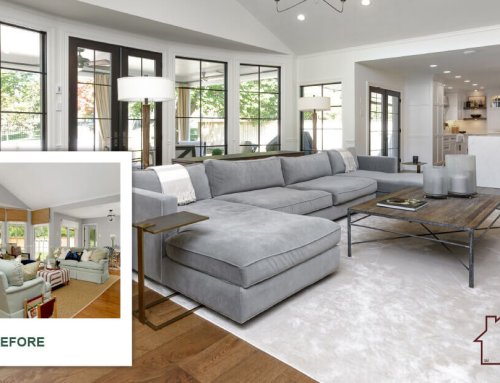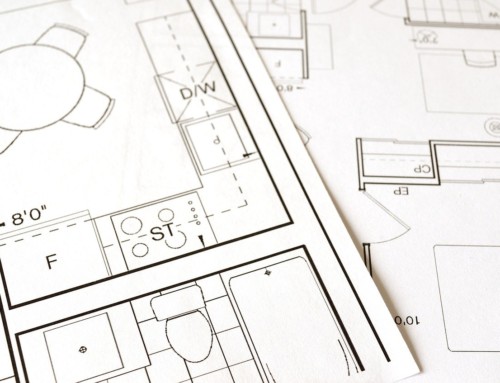If you’re planning an upcoming new home build, selecting the right builder is crucial to the success of your overall experience and final result —— your newly constructed home. As you conduct your research, you may find two different types of builders: a custom builder and a production builder. It’s essential to understand the difference between the two types of builders so you can select the most appropriate home builder for your upcoming investment. Read on to learn more about the differences between custom and production builders and which type of builder is right for you.
Custom home builder vs. production home builder
At face value, a custom home builder and production home builder may seem like they do the same thing — build houses. However, the differences typically stop there. Below outlines the primary differences between these two types of builders.
Production home builder
Production home builders build entire communities instead of renovating or building a home in an established area. They usually own the land and develop the community’s amenities, such as playgrounds, sports courts, trails, etc.
Production home builders typically focus on home volume, building as many homes as quickly as possible. Their prices are typically a base price plus whatever you’d like to add above their minimum requirements. They pride themselves on speed and efficiency, because their process and material selections are repeated by their contractors over the course of the housing development.
However, if you use a production home builder, you’ll be restricted to using their existing home plans, which means you’ll have to sacrifice true customization from the start. You will be selecting a home like you would at a car dealership. You’ll have a fixed menu of options and upgrades that incrementally increase the price of the home. These upgrades add up quickly and make the final price of the home much less attractive than the low entry prices they advertise.
You’ll likely find that many of the homes in the development look fairly similar. Production builders allow only a handful of floor plan and layout options, so you’ll be limited on the details that can make a home feel unique and special to you. In addition to a lack of customization on more significant elements like the layout, you may be restricted in the finish selections, such as tile, countertops, fixtures, carpet and any additional features that can make a home truly customized to your life and style.
Custom home builder
Custom home builders specialize in one-of-a-kind homes unique to each homeowner. When you’re building a custom built home, custom home builders work closely with homeowners during every step of the process to ensure that all of the homeowners’ functional and aesthetic requirements are considered. Custom home builders support and consult with you through the pre-construction, construction and post closing phases of the home building process to ensure a quality outcome.
With a custom builder, you have the option of designing a new floor plan with an architect, or even providing your own vision, depending on your preferred level of involvement. Partnering with a custom builder means you can select all the details you desire, from the general aesthetics of the home, down to the most unique features, from smart technology to high-efficiency home components. Outside of budget and zoning restrictions, there is very little that can’t be factored into a custom build. Your custom home builder will work with you on creating a detailed, reliable budget before the construction of your new residence. Establishing a realistic budget is key to creating your dream home that stays within your financial plan.
Benefits of a custom home builder
A custom home builder helps homeowners imagine and build the home of their dreams from the ground up. You’ll benefit from the finely tuned attention to detail you want your home to include. Below are some of the leading benefits of working with a custom home builder:
- Choose your own architectural details and finishes
- A unique home designed to your specifications
- Benefit from a custom builder’s consultative approach
- Homeowners are directly involved in the building process
- Best building practices are kept at the forefront of the process
- Homeowners can expect high-quality materials
- Experienced craftsmanship
These benefits result in healthier, more comfortable, high-performing homes.
Working with Custom Home Builder R.E.A. Homes
R.E.A. Homes supports its clients through the custom home-building process including the pre-construction, construction, and post-closing phases. Partnering with R.E.A. Homes to build a custom residence means designing an efficient, custom home and a lifelong relationship.
R.E.A. Homes’ simple process brings peace of mind and confidence to homeowners.
Below is what you can expect when you partner with R.E.A. Homes:
- Select the home site: R.E.A. Homes can help identify a quality home lot for selecting the site before house plans are created.
- Pre-construction phase: The R.E.A Homes team performs due diligence to determine the project’s feasibility and initial estimates for the budget. This includes meeting with civil engineers, architects, city building departments and more.
- Construction phase: During the construction phase, the budget is finalized and the construction begins.
R.E.A. Homes stays educated on the latest home building science to ensure a quality custom build from the ground up. This knowledge creates homes and living spaces focusing not only on luxury, but on better energy efficiency, air quality, and overall improved comfort in your home. The collective experience and research help meet homeowners’ evolving needs and creates true luxury in your home.
At R.E.A. Homes, we partner with homeowners whose projects require complex needs and profound knowledge and experience to solve problems and offer creative solutions to make your vision a reality. If you’re ready to embark on your custom home build in St. Louis, schedule a consultation with R.E.A. Homes, LLC today.

